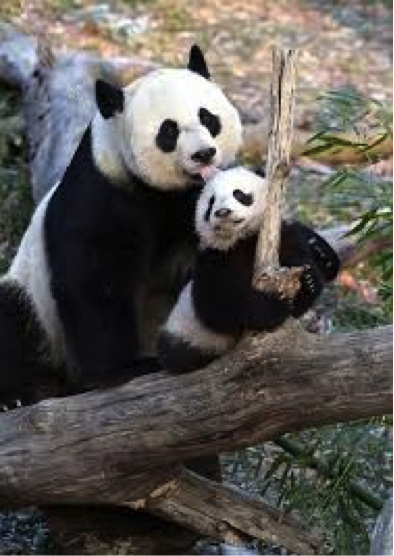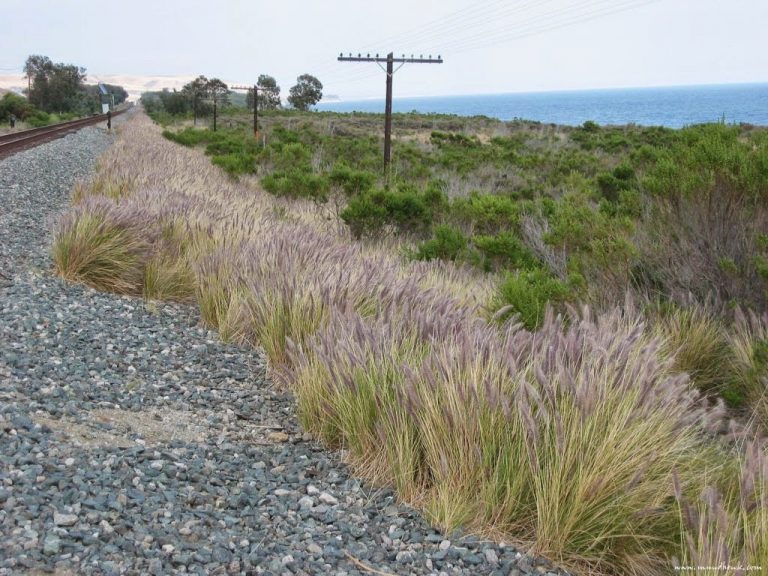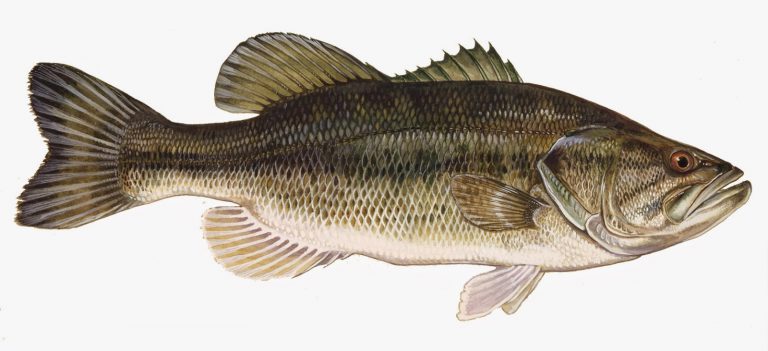Poem of the Day: Ogden Nash’s “Giant Baby Giant Panda”
This, it seems to me, is not so far removed from George Wither’s motto: “I grow and wither both together.””

This, it seems to me, is not so far removed from George Wither’s motto: “I grow and wither both together.””

( ) death I cause I result in breaking heads along the highway. burial as it fits between transit. buttons make time stop and shirt buttons make time not work for me faulting clothes to shame physics. time as a round thing I fumble to break our paradox meant to save to leave machines. each…

Ashes and Blossoms Today, again, On the string spun from grief and pain, I threaded blossoms; drawn from your memory. And I plucked, From the desert of abandoned love, Buds which bloomed; when were together. Then, I placed on your doorsteps, Offering to the days of your memory. Laid, Side by side, in the vase…

Invictus Out of the night that covers me, Black as the Pit from pole to pole, I thank whatever gods may be For my unconquerable soul. In the fell clutch of circumstance I have not winced nor cried aloud. Under the bludgeonings of chance My head is bloody, but unbowed. Beyond…

Caminante no hay Camino Caminante, son tus huellas el camino y nada más; Caminante, no hay camino, se hace camino al andar. Al andar se hace el camino, y al volver la vista atrás se ve la senda que nunca se ha de volver a pisar. Caminante no hay camino sino estelas en la mar….

Shakespeare’s plays enjoy a great deal of popularity across the world, yet most of us study Shakespeare’s local productions. Alexa Alice Joubin‘s Shakespeare and East Asia (Oxford 2021) addresses this gap through a wide-ranging analysis of stage and film adaptations related to Japan, South Korea, China, Singapore, Tibet, Hong Kong, Taiwan, the US and UK, including Asian American works….

The Fish I caught a tremendous fish and held him beside the boat half out of water, with my hook fast in a corner of his mouth. He didn’t fight. He hadn’t fought at all. He hung a grunting weight, battered and venerable and homely. Here and there his brown skin hung in strips like…